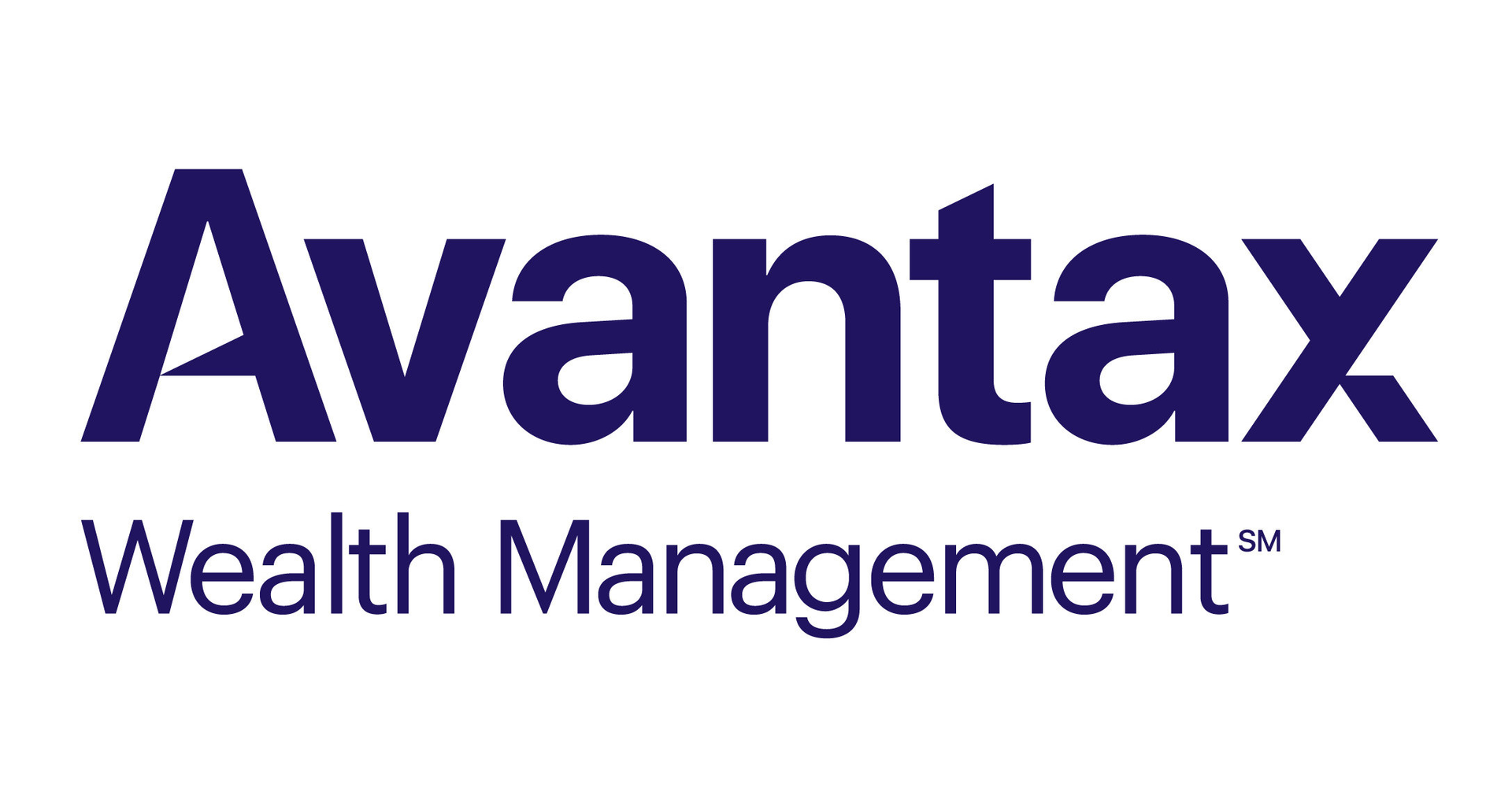Avantax, a provider of tax-focused financial planning, increased its asset recruiting results during the fourth quarter of 2022, contributing to full-year 2022 newly recruited assets of approximately $1.7 billion, an increase of 79% over 2021.
“Avantax is the destination for Tax and Financial Professionals who want to grow by offering the differentiated value of tax-advantaged wealth management, especially as clients increasingly grow frustrated by advisors offering limited services,” said Tim Stewart, VP and Head of Business Development for Avantax. “Our recruits don’t want to be anonymous cogs in their broker-dealer’s machine. They’re joining Avantax to be part of our community of like-minded, growth-oriented peers who collaborate and help elevate each other as they grow.”
During the fourth quarter, 66 independent Financial Professionals affiliated with Avantax, including Kenneth S. Hamada, CRPC, who transferred his practice to Avantax from Independent Financial Group, LLC. Hamada picked Avantax to continue growing his practice’s assets and geographic presence with Avantax’s support.
“I chose Avantax because of their focus on the integration of tax planning with holistic wealth management. Our practice is dynamic, and we are looking for tools and a firm that could help us better manage client needs in this over-taxed world,” Hamada said.
Avantax also continued successfully recruiting accounting firms to its employee-based model (which Avantax refers to as Avantax Planning Partners) with the new affiliation of three large accounting firms. Avantax expects a continued strong pipeline of prospective accounting firm affiliates in 2023.
According to Avantax, accounting and tax professionals entering wealth management for the first time are also choosing Avantax because they continue to see the need to obtain the licensing and education so they can directly provide tax-advantaged financial planning and wealth management services instead of referring clients to a local banker or broker who might not view investments with tax implications in mind.
Thanks for reading CPA Practice Advisor!
Subscribe Already registered? Log In
Need more information? Read the FAQs




